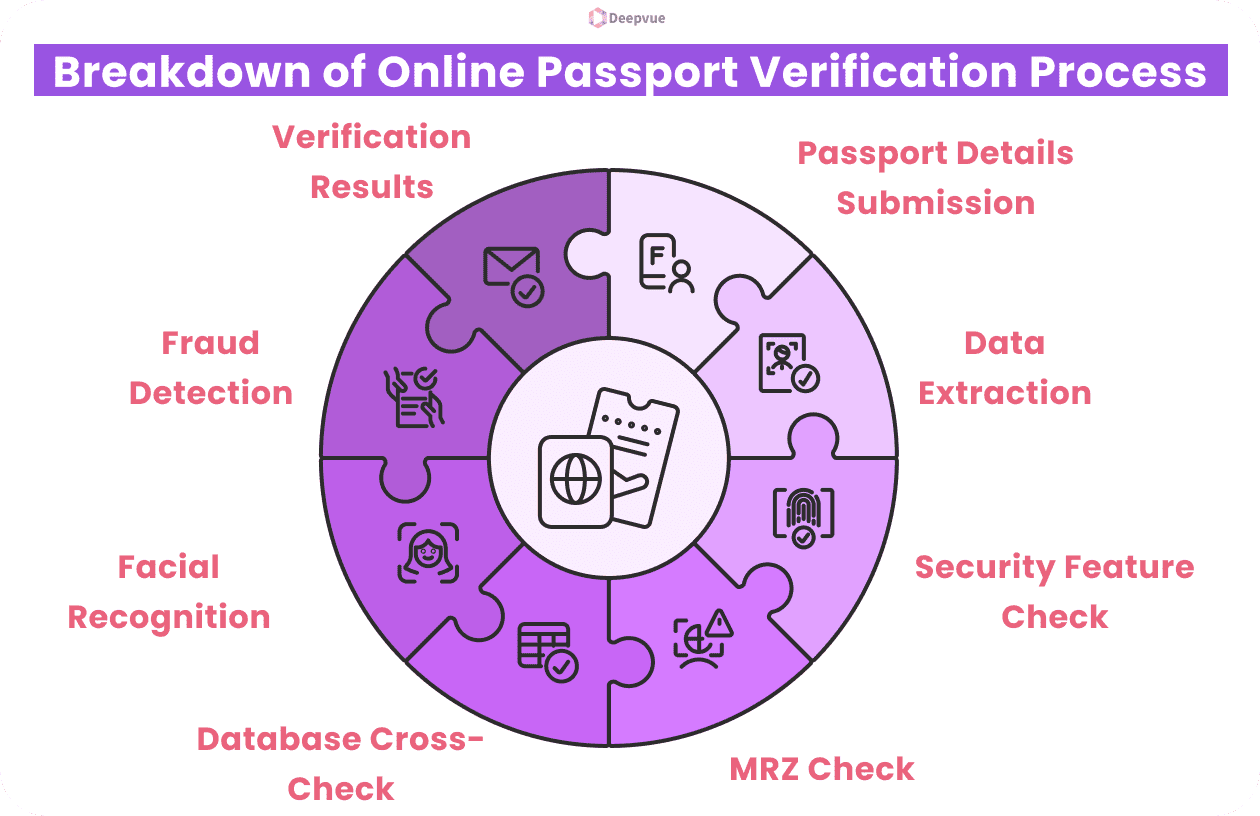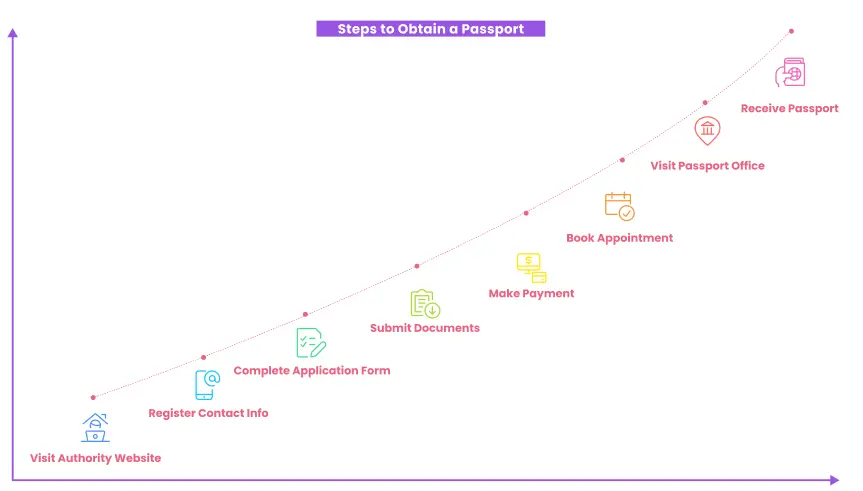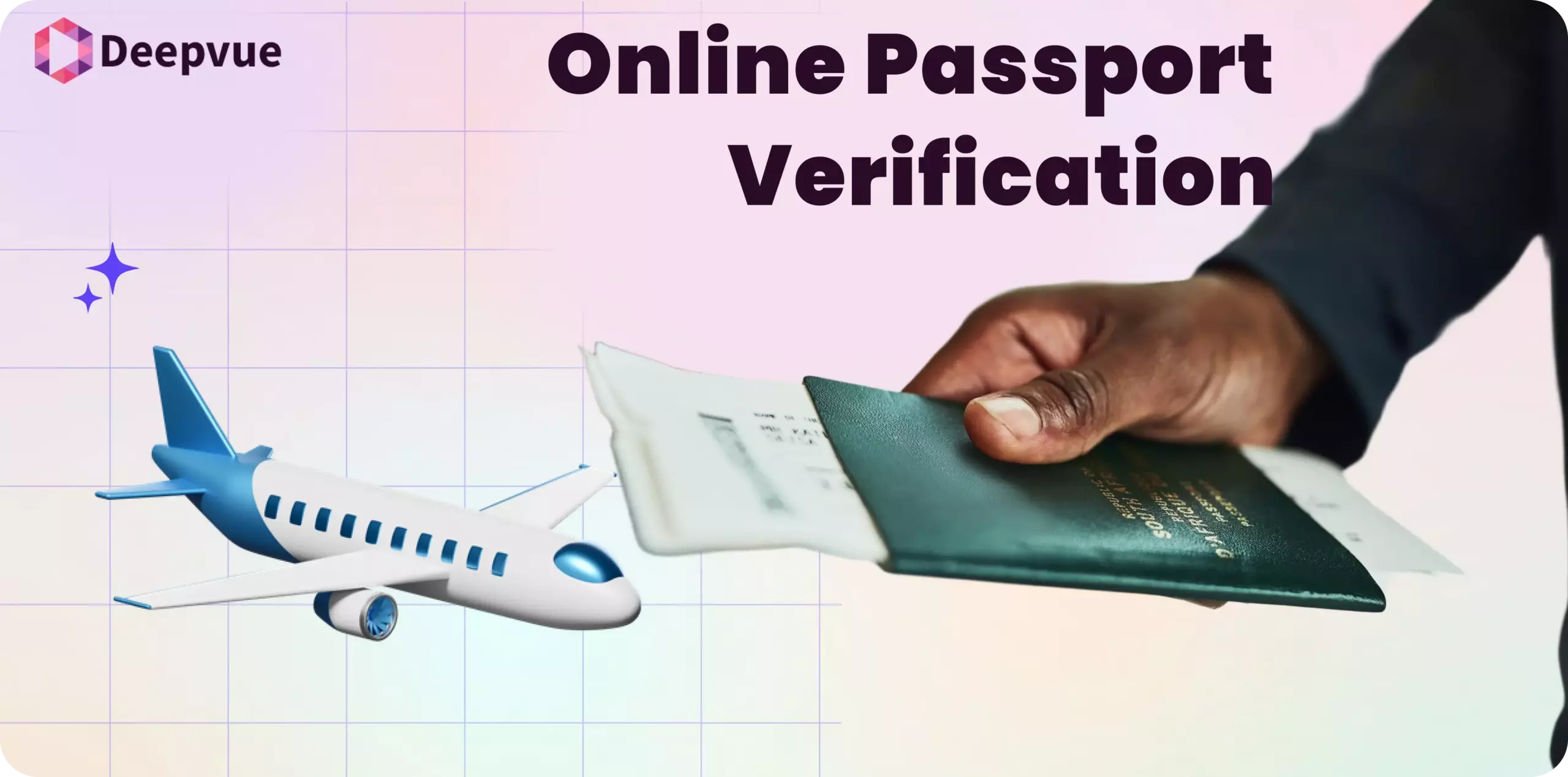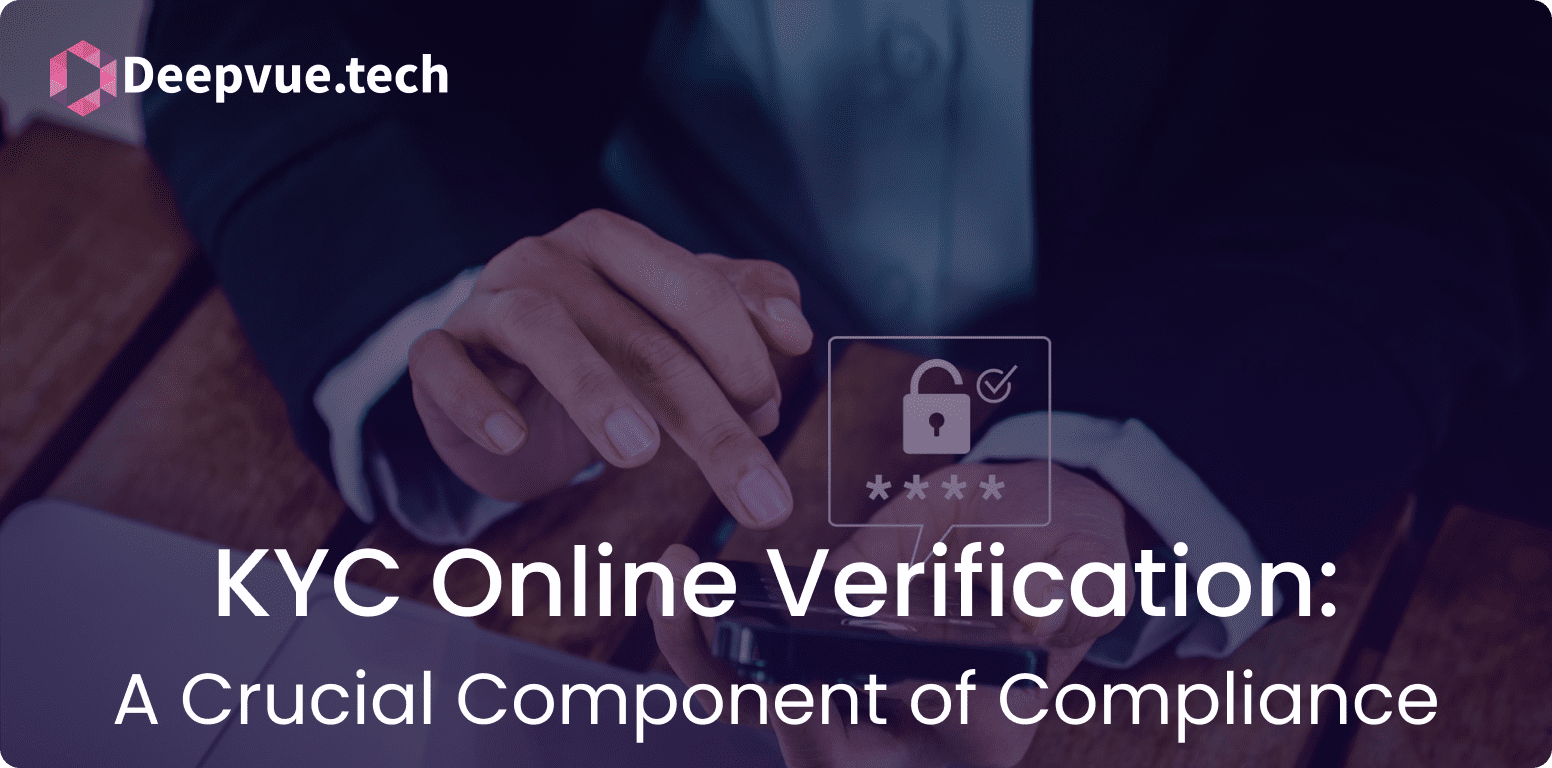The passport authentication process has long been cumbersome, involving several trips to government offices and a lot of paperwork. However, with the introduction of online passport verification, the application process has become much quicker and more streamlined.
Online passport verification eliminates unnecessary paperwork by linking databases, facilitating instant identity verification, and automatic background checks. This innovation is most useful for frequent flyers, professionals in need of emergency passports, and citizens who apply under fast-track schemes such as India’s Tatkaal Passport Service.
With increasing nations implementing digital passport verification systems, international travel is becoming easier and less stressful. This blog discusses how online passport verification is transforming travel applications by accelerating the process, enhancing security, and making it more convenient for applicants.
Benefits of Online Passport Verification
- Convenience: Online verification of passports obviates physical visits, thereby saving time and effort. The process can be done anywhere through a secure online platform.
- Speed: The verification process is done in minutes, eliminating long waiting times. This proves to be valuable for emergency travel or visa cases.
- Security: Sophisticated encryption and anti-fraud measures safeguard confidential personal information. This minimizes identity theft and document forgery threats.
- Accuracy: Computerized systems reduce human mistakes in document authentication. This provides consistent and accurate results for individuals and authorities.
- Global Accessibility: Online verification is available anywhere there is an internet connection. This is helpful for travelers, expatriates, and internationally operating businesses.
How Online Passport Verification Works?

- User Submits Passport Details: The individual uploads a scanned copy or enters passport details on the verification platform.
- Optical Character Recognition (OCR) Scans Data: The system extracts information from the passport, such as name, passport number, and expiration date.
- Security Feature Check: The system checks holograms, watermarks, and other security features to spot forgery.
- Machine-Readable Zone Check: The MRZ at the bottom of the passport is analyzed for accuracy and consistency.
- Database Cross-Check: The information is cross-checked with government or international databases for authenticity.
- Facial Recognition & Liveness Detection: In case of need, the user snaps a selfie, and AI compares it with the passport photo to avoid impersonation.
- Fraud Detection Algorithms: AI checks for any tampering, duplication, or abnormalities in the document.
- Verification Results Produced: The system approves or does not approve passports, and if some inconsistencies are found, they are marked for another manual check.
- User Notification: A confirmation about the successful verification is received by the individual, as well as the possibility of instructions for additional verification steps.
The Role of DigiLocker in Passport Management
DigiLocker is important in passport management as it offers a safe and easy digital platform for storing and retrieving essential documents. It enables users to retain digital copies of vital documents such as Aadhaar cards, PAN cards, and educational certificates, which are usually needed during the passport application process. By integrating DigiLocker with the passport application portal, users can easily share authentic documents, which eliminates paperwork and minimizes document loss or forgery.
Besides, DigiLocker also facilitates the retrieval of stored documents quickly, making it simple for individuals to submit required credentials at the time of verification. Not only does this digital scheme simplify the process of passport application and renewal, but it also increases efficiency and security by confirming authenticity through government-verified documents.
Security Measures to Prevent Forgery in E-Passports
- Embedded Microchip: E-passports contain a microchip that securely stores personal data, including biometric information such as fingerprints or facial recognition, making it difficult to alter or forge.
- Biometric Data: Including biometric attributes such as fingerprints, iris scanning, or facial recognition ensures that the identity of the passport owner is the same as in the chip data.
- Holographic Images: E-passports contain sophisticated holographic images that are difficult to counterfeit. The images can alter when observed from various angles, which increases security.
- Digital Signatures: The e-passport employs digital signatures to verify the integrity of data on the chip and to identify any attempted tampering.
- Radio Frequency Identification (RFID): RFID technology in e-passports ensures that the chip can be read only by authorized scanners, and therefore minimizes the number of unauthorized accesses.
Application Process for Regular Passports
Step-by-Step Online Application Guide

- Go to the official passport issuing authority’s webpage.
- Register with an up-to-date phone number and email.
- Complete the application form. Include personal details, residence address, and travel history.
- Submit copies of the documents scanned.
- Pay the fee for the application through multiple online payment options.
- Select the nearest passport office and book an appointment.
- Go to the Office of Passports. Bring original documents for verification.
- If required, submit photographs and fingerprints as biometric documents.
- The passport will be delivered to the registered address only after being approved.
Required Documents and Information
- Proof of Identity (National ID, Driver’s License, or Government-issued ID)
- Proof of Address (Utility Bill, Rental Agreement, or Bank Statement)
- Birth Certificate (For age verification)
- Passport-size Photographs (As per specifications)
- Previous Passport (if applicable)
- Payment Receipt (Proof of application fee payment)
Application Process for Tatkaal Passports
The Tatkaal passport scheme is a fast-track service provided by the Passport Seva Kendra (PSK) in India, through which applicants can get their passports quicker than the regular process. It is helpful for those who require a passport urgently because of some unexpected reason. Passports are generally issued within 1–3 working days under this scheme, pending online police verification for a passport.
Eligibility for Expedited Processing
- Available for both new passport applications and passport reissues (except in cases of lost, stolen, or damaged passports).
- In online police verification for passports, applicants with records or those who have already been verified by the police will receive faster processing.
- Some groups, including children who do not have previous passports or who have negative police verification, may be ineligible.
Required Documentation for Tatkaal
- Standard Application Form: Submitted online through Passport Seva Portal.
- Proof of Identity: Aadhaar Card, PAN Card, Voter ID, or Driving License.
- Address Proof: Aadhaar Card, Utility Bill, or Rent Agreement.
- Proof of Date of Birth: Birth Certificate, School Leaving Certificate, or PAN Card.
- Annexure F: Certificate of verification by a Gazetted Officer (in some cases).
- Annexure I: Declaration stating no criminal record.
Conclusion
The shift to e-passport verification is revolutionizing travel applications by speeding up the process, improving security, and making it easier. Travelers do not have to wait weeks for validation anymore, with automated processes making faster approvals possible with less manual intervention
For companies and travel agencies who need to make passport verification easy, Deepvue’s Passport Verification API is an ideal solution. Our API checks the details of the passport against official databases and provides instant verification, ensures accuracy, and thus cuts down identity fraud chances.
To find out more about how Deepvue’s Passport Verification API can automate your verification requirements, go to Deepvue Passport Verification API.
FAQ:
What is online passport verification?
Online Passport Verification can be defined as a process through which either the Government of India or travel agencies can verify the identity of the applicants through an online system rather than requiring them to submit hard copies of their documents for verification purposes.
How does online passport verification accelerate travel applications?
Through automatic processing, online systems minimize errors, remove paperwork, and facilitate instant validation, dramatically reducing processing time.
What is an e-passport?
An e-passport is a standard passport booklet with a built-in microchip containing the owner’s personal data, biometric information (fingerprints or face recognition), and digital signature.
Is online passport verification safe?
Yes, online passport verification employs advanced encryption, biometric data, and secure databases to ensure the safety and confidentiality of applicants’ personal information.
What happens if the passport details are incorrect during online verification?
If discrepancies are established, then the application will not be approved. The applicant will then be notified to correct the details before resubmitting.








